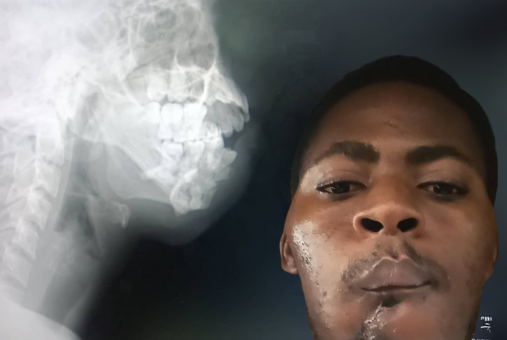
Nearly a year after surviving a gang attack in Port-au-Prince, reporter Jocelyn Justin remains in Cuba awaiting jaw reconstruction, saying his government has failed to pay for his treatment. Haiti’s health minister cites logistical issues and bad weather for the delay.
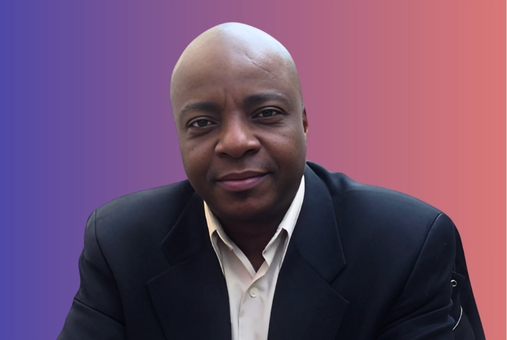
Guyler C. Delva says his push to defend fellow reporters and revive the case of a slain colleague has angered Haiti’s transitional government and left him fearing for his safety.
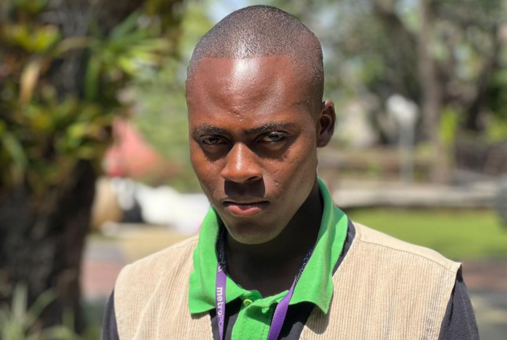
Reporter Jocelyn Justin, injured in a gang attack on a hospital in Port-au-Prince, spent several weeks without money while waiting for surgery in Cuba. Press organizations complained that the Haitian government was failing to fulfill its promise to cover his expenses and basic needs.
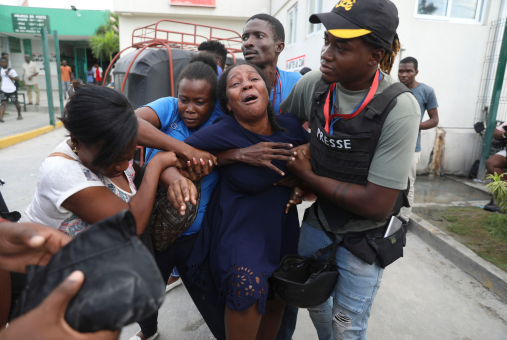
The botched hospital reopening in a gang-controlled Port-au-Prince neighborhood left two reporters dead and seven injured.
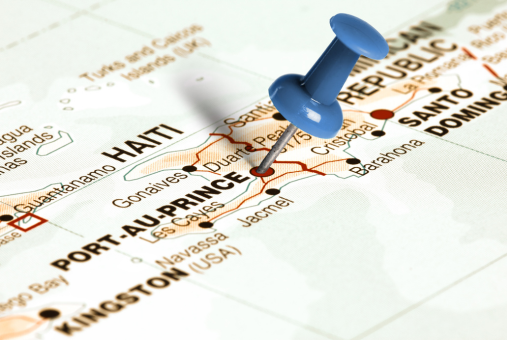
The country's last remaining daily print newspaper, Le Nouvelliste, stopped printing after an armed attack on its Port-au-Prince offices. In the midst of multiple security crises, subscribers have moved and mail carriers don't want to risk their safety.
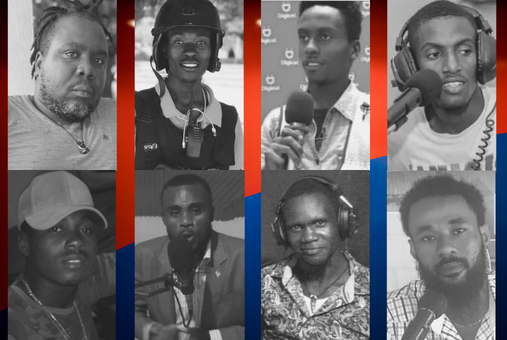
One journalist murdered, another shot at and another arrested and beaten by the police are the latest victims of a wave of violence against the press in Haiti, a country where eight journalists have been killed so far this year. At the same time, the social-political crisis and poverty are slowly suffocating the Haitian media.
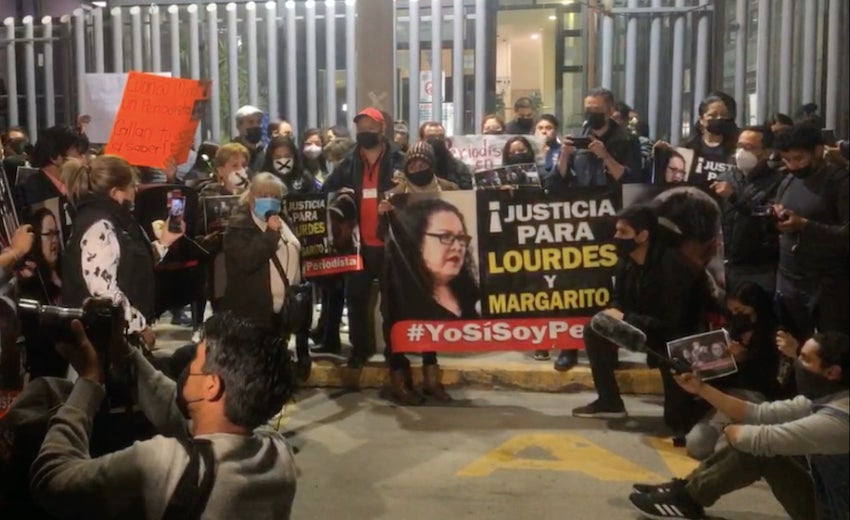
In the first month of 2022, Latin America took the lead as the deadliest region for the press, with seven journalists killed: four in Mexico, two in Haiti and one in Honduras.
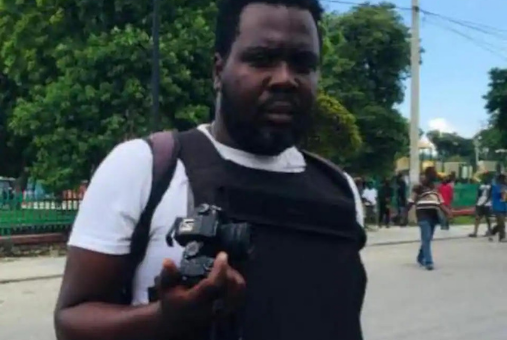
Two journalists were killed by gang members in Haiti on Jan. 6. A police report said their bodies had been recovered with "large-caliber bullet wounds," according to AP. Several organizations demand thorough investigations.
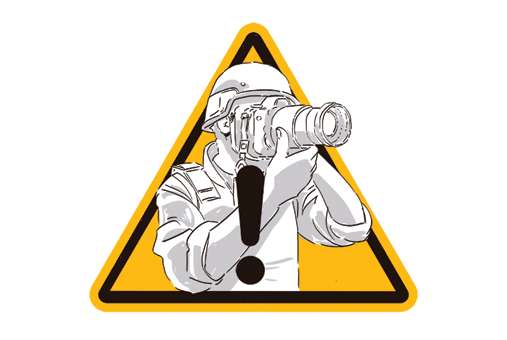
The spike of public protests that sometimes turned violent has not been met with enough preparation by Latin American journalists who find themselves in the midst of confrontations, experts say.

A Haitian journalist was hit by a gunshot as police fired live ammunition during a protest in Port-au-Prince on Sept. 30, according to the radio station where he works, Radio Sans Fin.

The car of Haitian journalist Kendi Zidor, reporter and columnist for newspaper Le National, was shot several times in Port-au-Prince, according to local media.

Vehicles at Radio TV Ginen were set on fire on June 10 and the attack was denounced by Rospide before his death, according to AlterPresse.